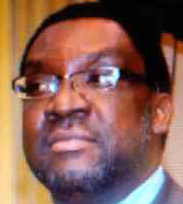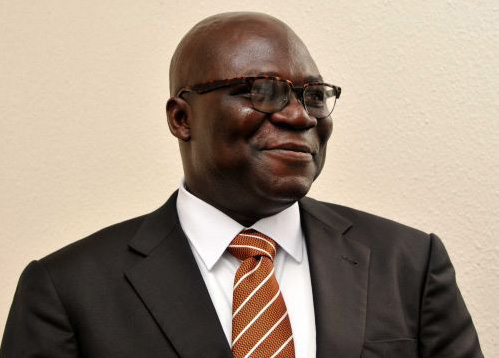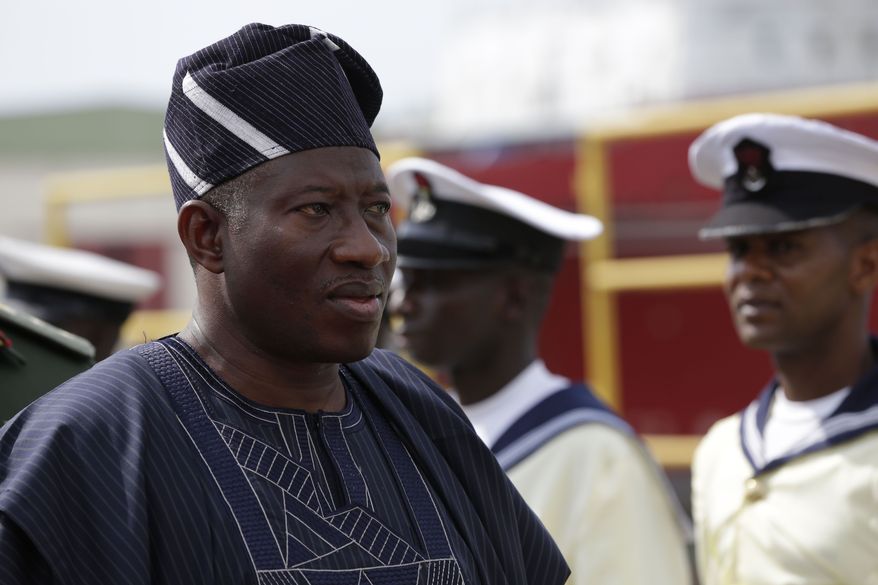Again, Nigeria has missed the Mo Ibrahim Prize, which is acknowledged globally as a landmark award scheme that celebrates excellence in African leadership.
No Nigerian has ever been found worthy of this honour to reward a former Executive Head of State or Government in Africa since it was instituted in 2007 by Dr. Mo Ibrahim, the Sudanese-British billionaire founder of Celtel International, the telecommunications giant.
It is the world’s most valuable individual prize, with $5m reward to the winner over 10 years, as well as $200.000 a year for life. It exceeds the $1.3m Nobel Peace Prize. And for the 2014 edition, the prize has gone to Namibia’s outgoing President, Hifikepunye Pohamba, who has been hailed for reconciling with opponents, pushing for gender equality in politics and increasing spending on education and housing.
Pohamba, 79, is a former rebel leader and a key figure in Namibia’s independence struggle, who chose not to contest re-election in December after serving two terms.
Advertisement
At a ceremony to announce the winner in Nairobi, Kenya on Monday, chairman of the Prize Committee, Salim Ahmed Salim, said: “President Pohamba’s focus in forging national cohesion and reconciliation at a key stage of Namibia’s consolidation of democracy and social and economic development impressed the prize committee.”
In giving this world’s richest award to the Namibia President, however, Africa is again reminded of the dearth of worthy candidates for good governance in the mould that the Mo Ibrahim Prize seeks. President Pohamba is only the fourth winner of an annual prize that is increasingly struggling to find a leader with an unblemished record and who would willingly relinquish power.
There were no winners in 2012 and 2013 because the award committee decided to maintain its high, strict standard. The prize was also not given in 2009 and 2010 after the first two sets of winners that produced the former President of Mozambique, Joaquim Chissano and former President of Botwana, Festus Mogae in 2007 and 2008 respectively. Nevertheless, the aim of the award was reinforced in 2011 when it went to the former Cape Verde President, Pedro Pires, for his role in transforming his country into a model democracy, stability and increased prosperity.
Advertisement
In giving out the prize this year, it is evident that the committee had to bend over backwards to accommodate a President who is just about to hand over power, having conducted an election in which a successor, Hage Geingob, had emerged. The rules of the Prize, ordinarily, stipulate that the winner must have left office in the last three years, aside being democratically elected and must have served his or her constitutionally mandated term.
But this is Africa, where leaders are either seeking to bend the law in order to perpetrate themselves in office, are chased out or simply die in office rather than relinquish power. From Egypt to Burkina Faso or Togo, Gabon or Congo and Zambia, this is the disheartening story of Africa. This is not the type of leaders that the Mo Ibrahim Prize seeks to honour.
But the bigger lesson from all this is for Nigeria. The Mo Ibrahim Prize is a reminder on our chequered history that was dominated by coups, dictatorship and corruption. This Prize is not for those who seized power through the barrel of the gun. But neither Alhaji Shehu Shagari who ruled as a democratically-elected president nor Chief Ernest Shonekan, who headed a curious interim government in 1994, could have been considered. Mo Ibrahim prize was established just eight years ago and considers only ex-leaders who had left office for not more three years.
This leaves only ex-President Olusegun Obasanjo as the only Nigerian that could have been considered. But his name never came up for consideration in the first two years that the award was given and in 2010 when the committee chose to withhold it. Surely, handing over power to a successor must have been insufficient, considering the attempted third-term agenda and several infractions that were not in consonance with democratic tenets and the rule of law that characterized Obasanjo’s tenure.
Advertisement
To be fair, General Yakubu Gowon, who ruled between 1966 and 1975, and Obasanjo may have had some sort of non-governmental leadership initiatives since they left office. But there must be a reason, beyond the affordability or pride of having a not-for-profit organization named after an ex-President, why an important platform like the Mo Ibrahim Prize would continue to elude Nigeria.
Aside not winning, no Nigerian has ever been invited to serve on the prize committee. And in spite of being the second largest African economy in Africa until last year’s rebasing of the Gross Domestic Product saw Nigeria becoming Africa’s No 1, the Ibrahim Index of African Governance (IIAG) has always rated our country low. In 2013, Nigeria ranked 41st out of the 52 graded. Are there certain anomalies that we revel in and project to the world as permissible in our clime, but are deemed abhorrent to the rest of the world?
Where, for example, are the genuinely wealthy Nigerians with humanitarian causes that can withstand the scrutiny of acceptable global standards? How do we respond, for instance, when we hear a Dr. Ibrahim praise a former president of another African country for his modest, austere outlook in government and who had to return to his mother’s house after losing an election because he didn’t have a house of his own? How do we feel when we struggle to count on our fingers men of honour and integrity that have either led the nation or aspiring to do so? Or how do we treat those rare ones when we manage to see them step forward for a good cause? Do we wholeheartedly encourage or demonise them for demanding probity and choosing to be incorruptible?
Nigeria will be going to the polls a week after Pohamba would have handed over to his successor. By honouring this 79-year-old man this year, the Mo Ibrahim Prize for Achievement in African Leadership is affirming, and unwittingly sending a message to Nigeria that age is not necessarily an issue in a democracy. Rather, it is personal dignity, the spirit of reconciliation and forthrightness as well as the ability to provide “sound and wise leadership” that should drive the discourse in choosing or honouring a worthy public servant.
Advertisement
Views expressed by contributors are strictly personal and not of TheCable.
Add a comment



